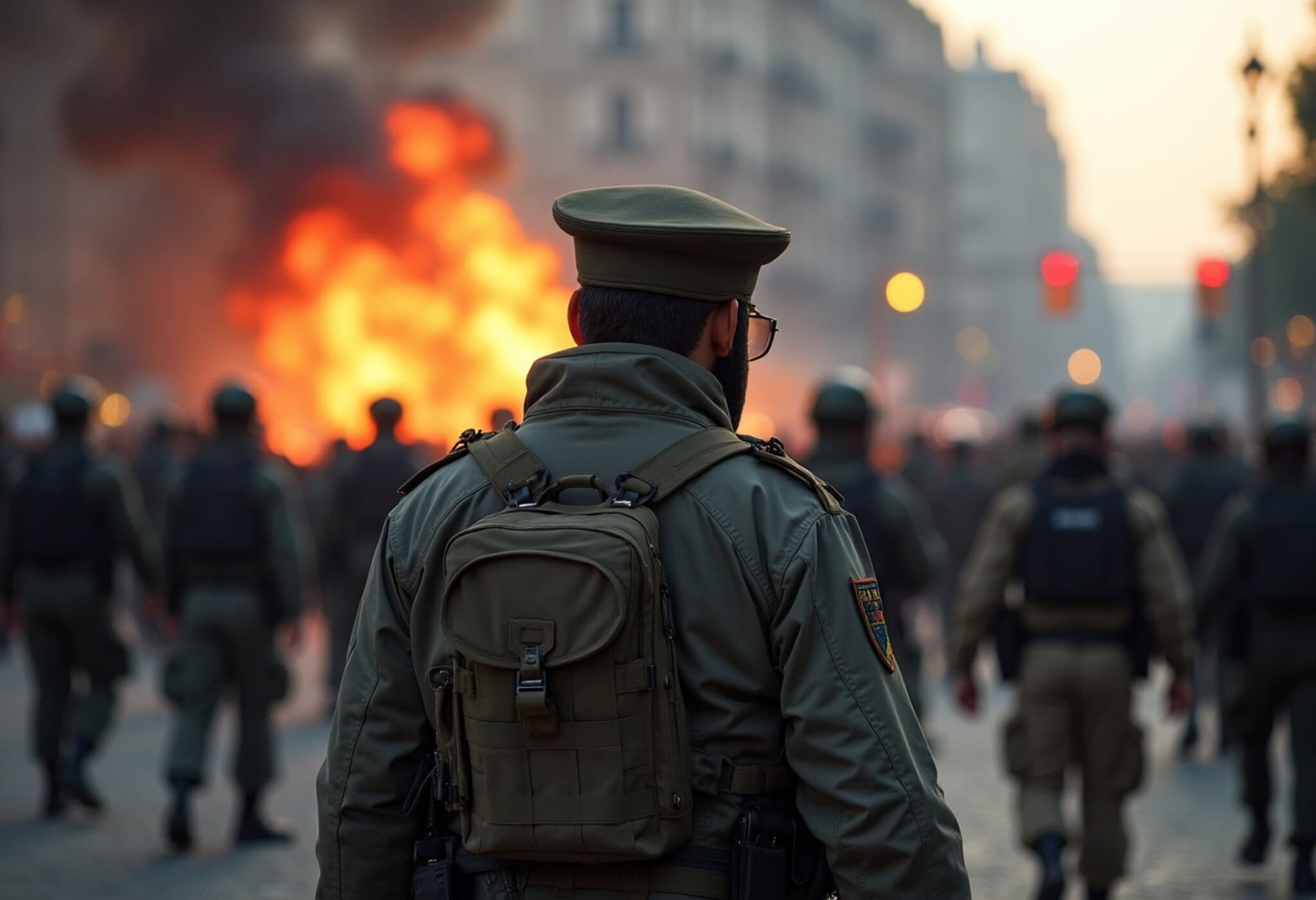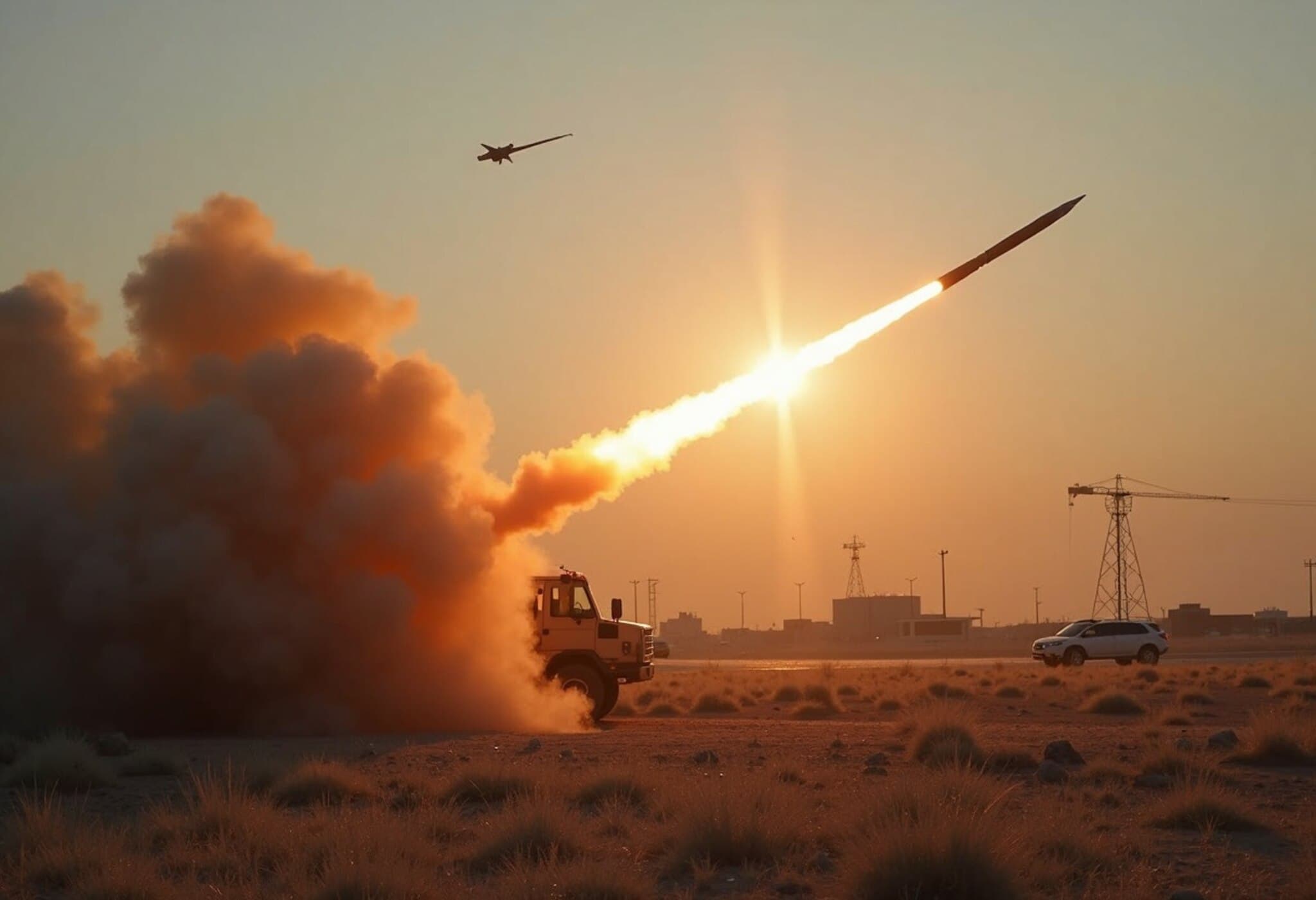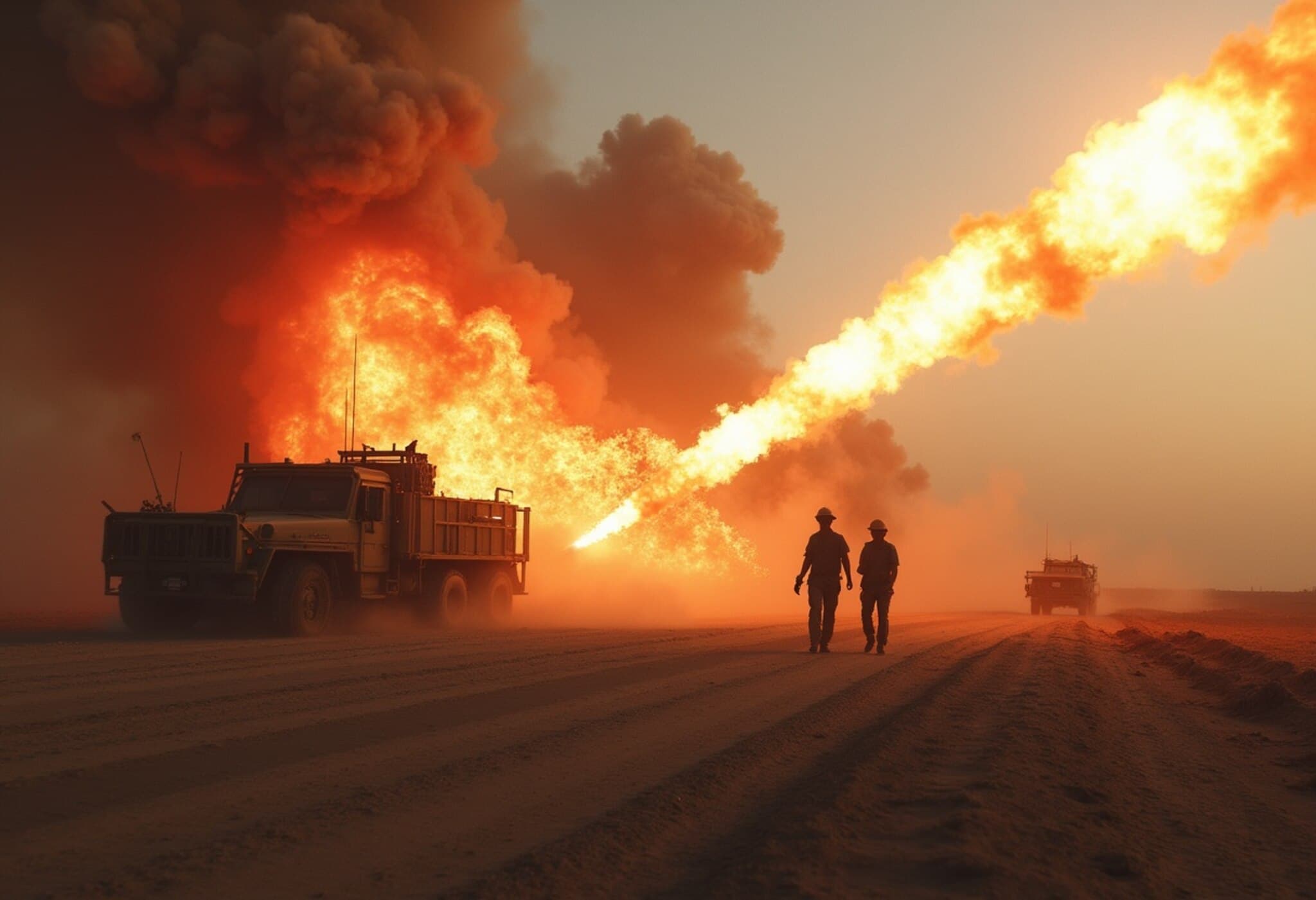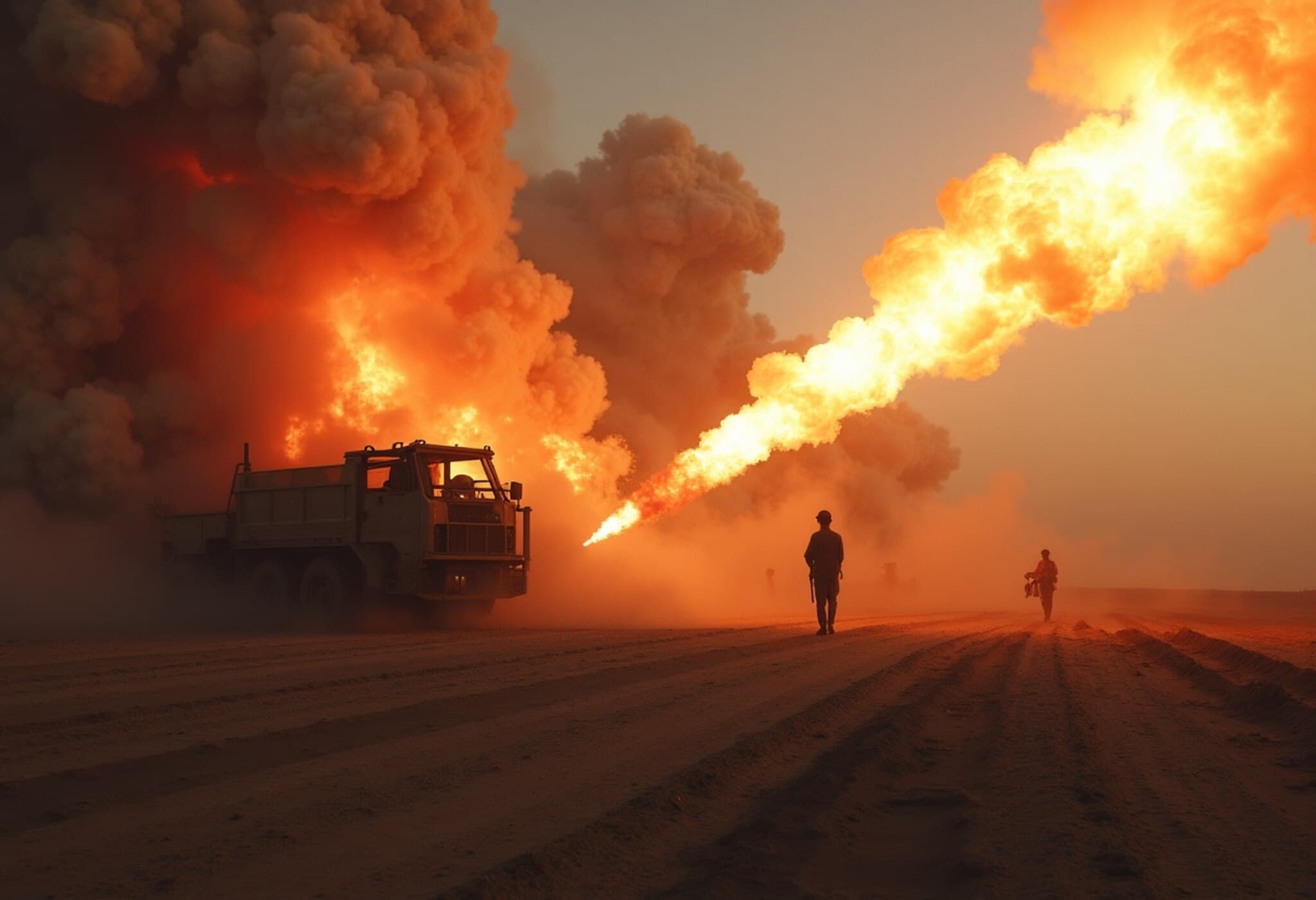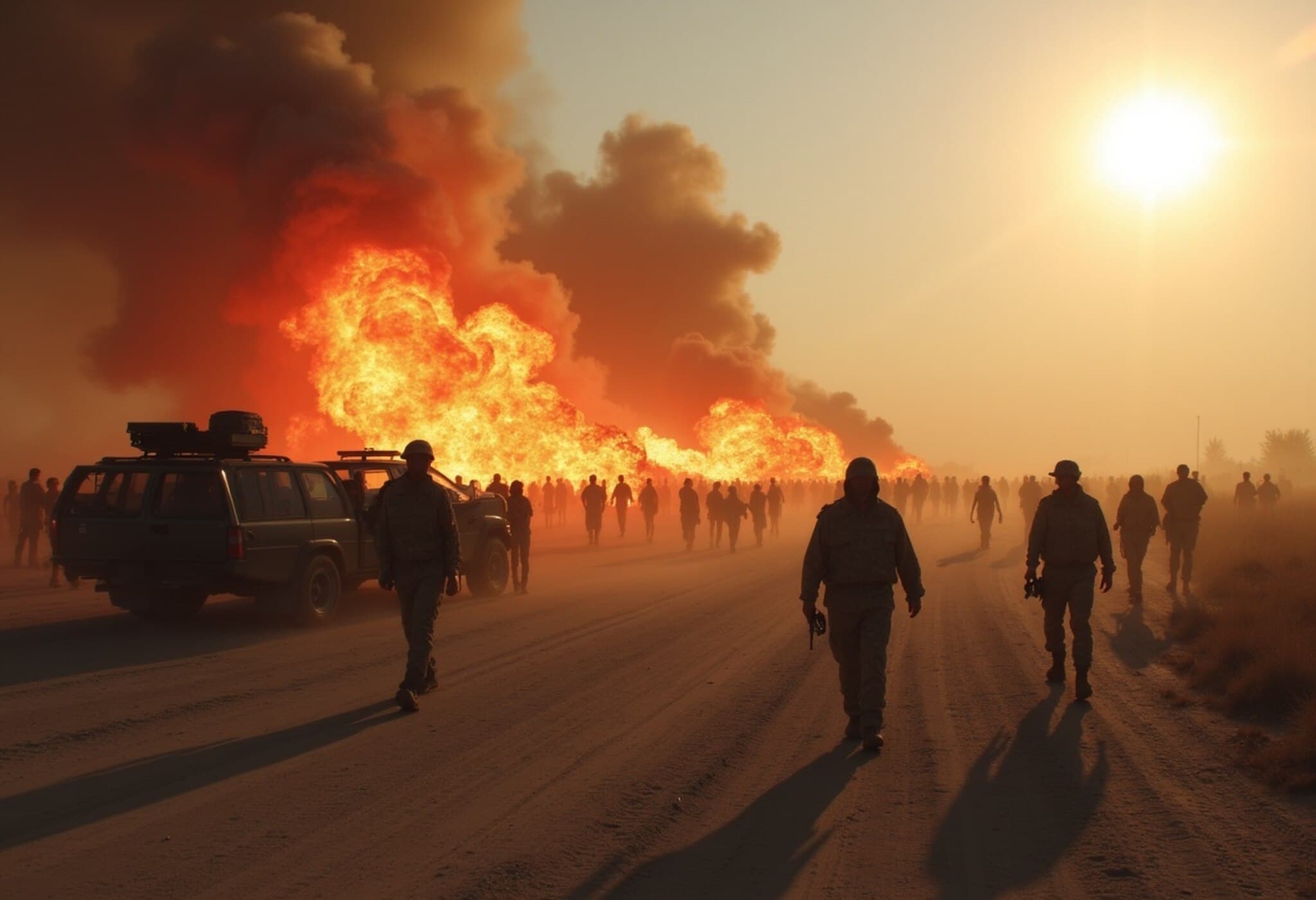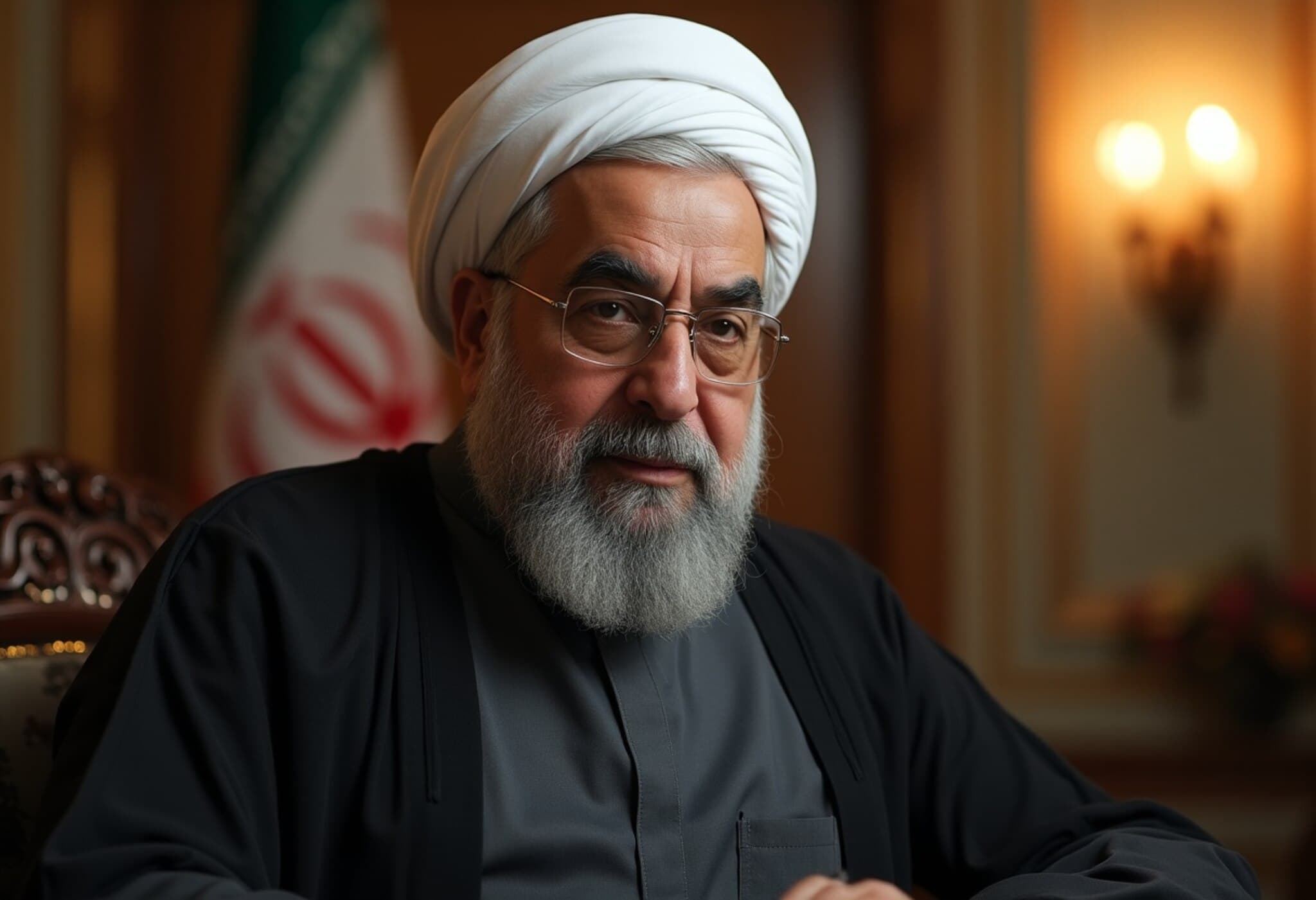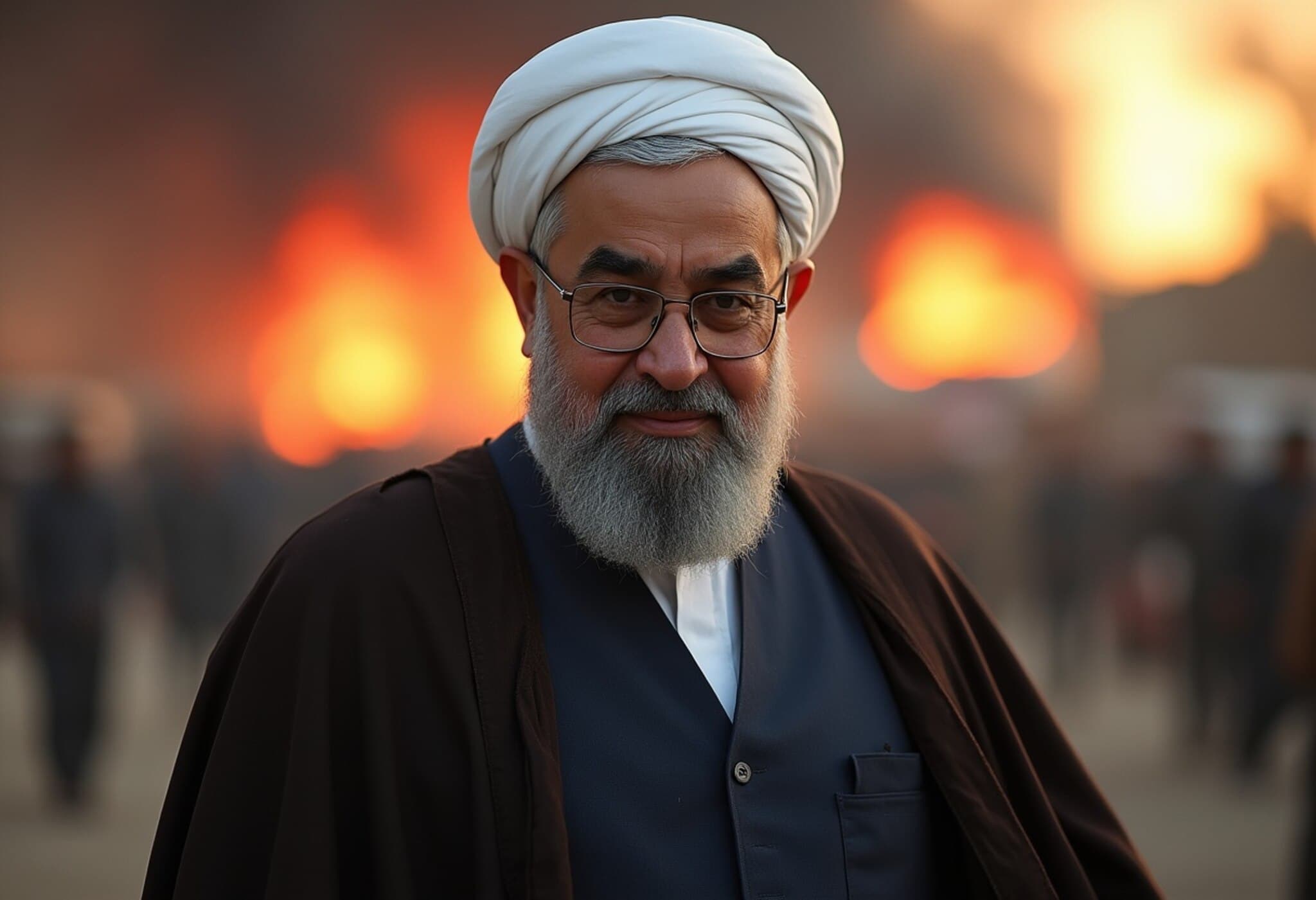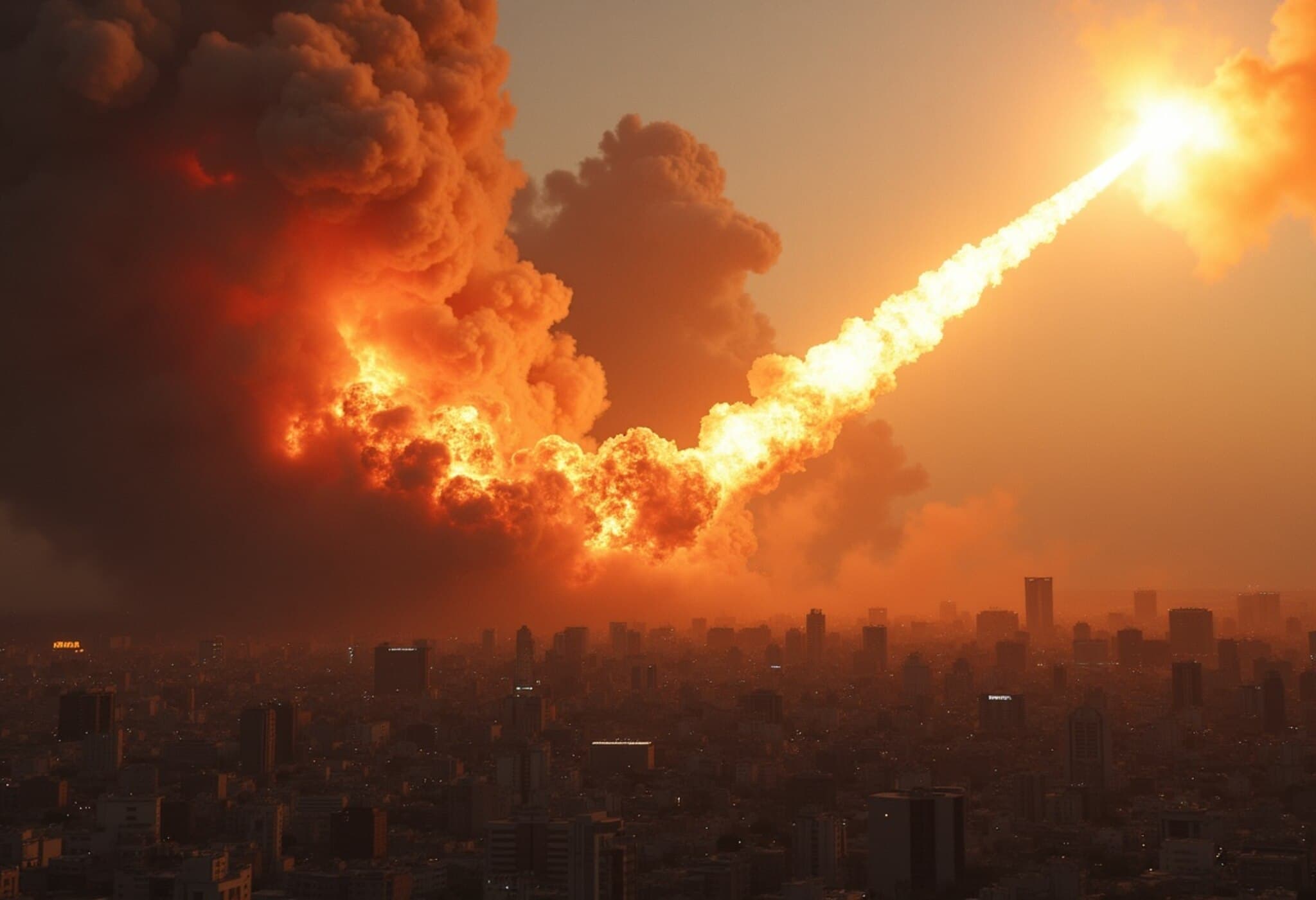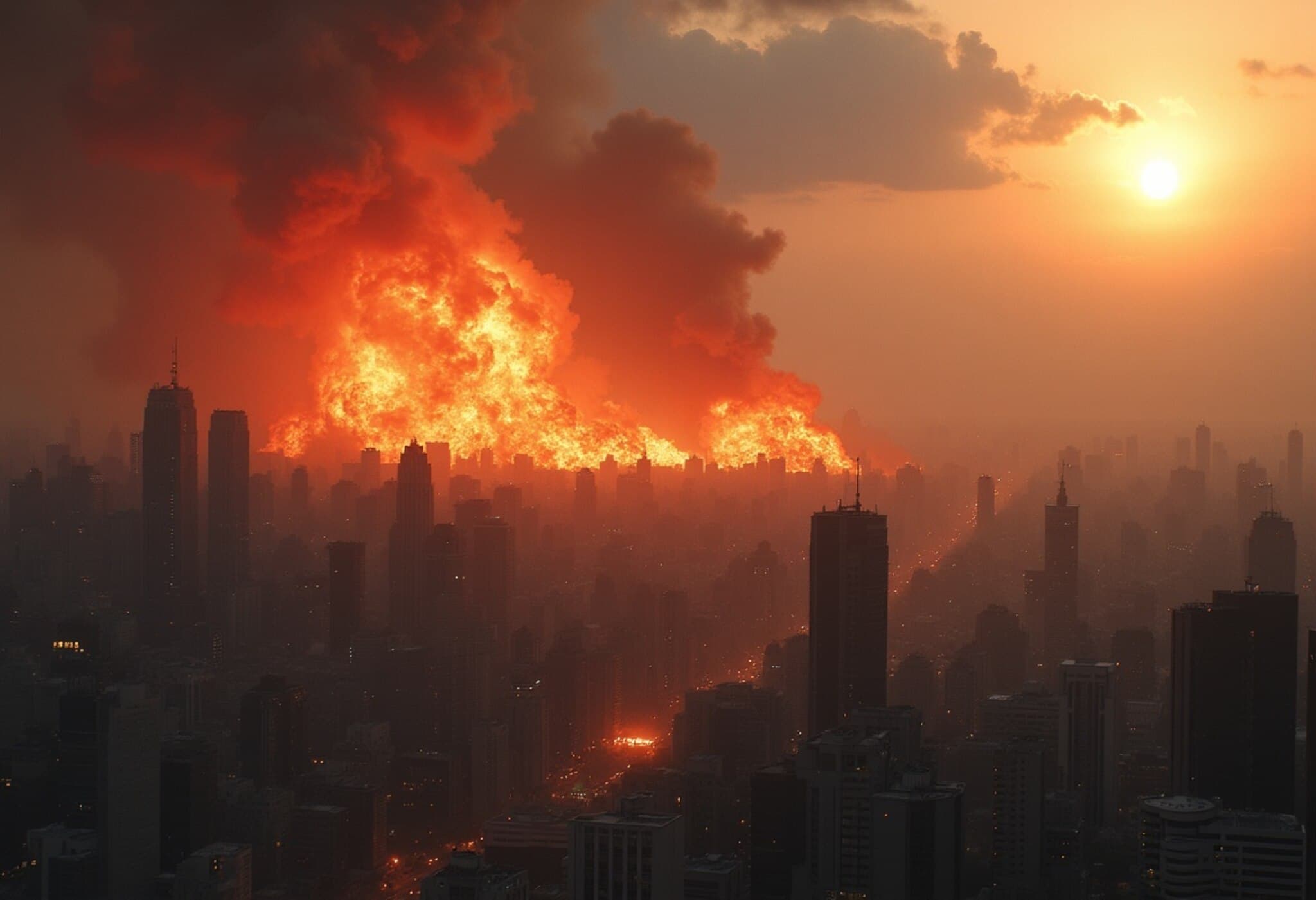Information Blackout in the Iran-Israel Conflict
As the confrontation between Iran and Israel stretches into its second week, accessing unbiased and comprehensive news about the conflict has become increasingly challenging. Iran has significantly throttled internet speeds and eventually enforced a near-total internet shutdown. The government justified these actions by citing concerns that Israeli drones were leveraging SIM-based internet connections, prompting a shutdown aimed at thwarting Israeli cyber operations.
This shutdown has rendered many websites, mobile applications, and messaging platforms inaccessible within Iran. Consequently, the Iranian public is left reliant on the government and state-controlled media for updates on casualties, damage, and recent military actions, including U.S. strikes. Moreover, foreign journalists, including those from international media outlets, have been barred from reporting on the ground, leading to significant restrictions on independent verification.
One Iranian living abroad shared: "My mother asked me to tell her what was happening, but she had no idea which areas in Tehran had been struck." Such accounts underscore the information vacuum created by rigorous censorship.
Enhanced Censorship Measures in Israel
While Israel remains relatively open in providing news, recent developments indicate rising restrictions. Israeli media operate under strict censorship laws requiring all coverage related to security matters to pass through military censors before publication. The rules have tightened further, with regulations prohibiting the live broadcast of missile strike locations and the requirement to blur soldiers’ faces now supplemented by more redactions.
The Israeli Ministry of National Security and Communications has empowered police to remove content or detain journalists if deemed to disclose sensitive sites or locations, signaling a marked increase in enforcement.
This tightening follows a surge in censorship since the Hamas attacks in October 2023. Reports indicate over 1,600 articles were censored in 2024—representing the highest level since 2011. The overall press freedom index for Israel dropped to 112 out of 180 countries in 2025, declining by eleven ranks from the previous year.
The Shrinking Media Landscape
Notably, the prominent news outlet Al Jazeera was banned from Israeli airwaves in May 2024, with its Ramallah bureau shuttered amid national security allegations linked to Hamas. Israeli state-funded media also encountered political pressure, including calls for privatization and cuts in public broadcasting. Provocative critiques of the government have led to severed ties between state agencies and independent outlets, while pro-government outlets receive increased financial support.
Despite these measures, Israel's highly connected population continues to access online information freely, including real-time alerts about rocket attacks. Israel also publicly announces targeted areas within Iran; however, these warnings scarcely reach Iranians due to Tehran’s intense internet restrictions.
Broader Implications of Iran’s Digital Repression
Internet shutdowns form part of a broader policy to dominate the narrative and suppress opposition. Social media, while a vital information source for many Iranians, doubles as a mechanism for spreading misinformation and cracking down on dissent.
Amid the blackout, activists face arrests and harassment, and families of journalists abroad report intimidation. According to analysts, the regime’s primary motivation is to prevent internal unrest. The internet’s role as a catalyst for protest is well understood by Iranian authorities, who fear collective action mobilized through digital channels could threaten their control.
Nevertheless, experts expect the shutdown to be temporary, constrained by technical challenges and economic consequences. Already, select journalists and loyal media have limited access to the so-called "white internet"—a state-controlled network allowing filtered connectivity.
The Human Cost of Media Censorship
The ongoing conflict’s human toll is magnified by the media blackouts on both sides. In Iran, citizens grapple with scarce and heavily filtered updates, often learning about devastation long after it occurs. Meanwhile, Israeli journalists operate under daunting regulations that curtail transparency and freedom of expression in the name of national security.
For civilians caught in the crossfire, the ability to access timely, accurate information is not just a matter of awareness but a critical lifeline. As censorship tightens, questions about the balance between security and the public’s right to know remain ever pressing.

